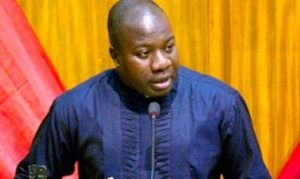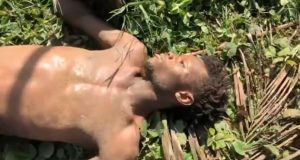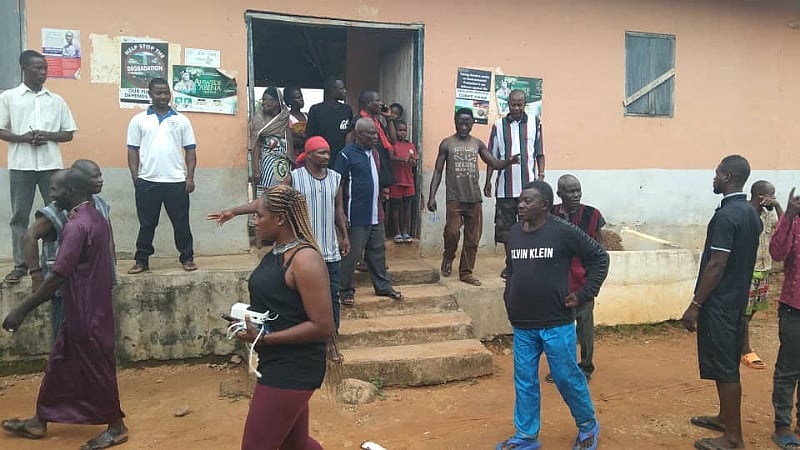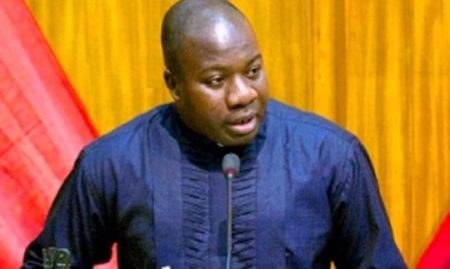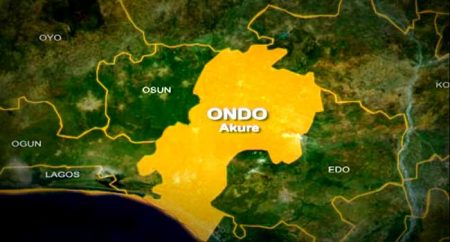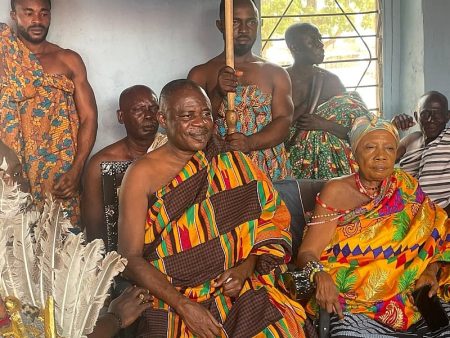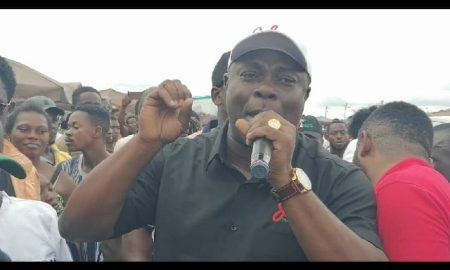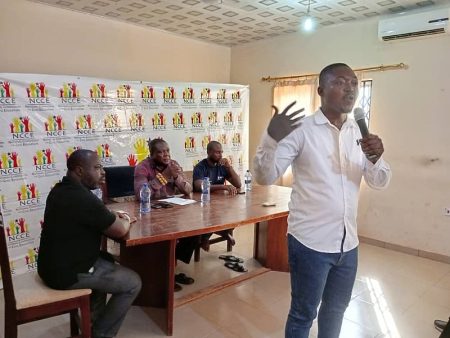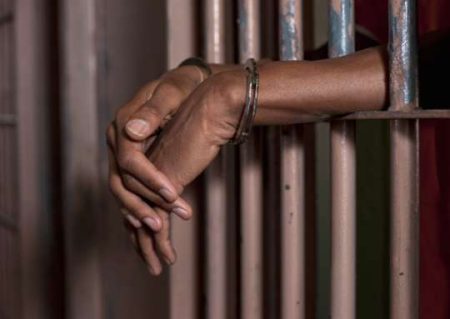In the cocoa-rich community of Kofi Pare located in the Ayensuano District of Ghana’s Eastern Region, tensions have reached a boiling point between residents, traditional leaders, and a mining company, Ignite Mining Limited. The local population has made it clear that they will withdraw support for the current government unless immediate action is taken to halt what they allege are illegal mining activities that have devastated their lands. Under the guise of a prospecting license, Ignite Mining Limited is accused of destroying significant portions of cocoa and sugarcane plantations, thereby threatening the livelihoods of the local farmers who depend on these crops for their economic survival.
The situation has been exacerbated by severe environmental consequences linked to the mining operations. Residents have reported alarming levels of pollution in essential water sources, including the Ayesu, Surum, and Amanase rivers, which are crucial for both agriculture and domestic use. The pollution poses an immediate threat not only to the environment but also to the health and wellbeing of the community. Residents and traditional leaders attempted to declare Kofi Pare a no-mining zone in defiance of the company’s activities, yet these efforts have fallen on deaf ears, with the mining company seemingly undeterred and continuing their operations.
Adding to the distress, local farmers have reported that armed guards have been recruited by Ignite Mining Limited to secure the mining site. According to community accounts, these guards have been employing intimidation tactics, including the firing of warning shots, to keep farmers and local residents from intervening or protecting their land. This oppressive atmosphere has created a pervasive sense of fear among Kofi Pare residents, as they feel their safety and rights are being violated by both the mining company and the armed personnel that it has deployed.
Eric Awuku Offei, a spokesperson for the traditional council, has expressed the growing concerns of the community to the media. He underscores the seriousness of the situation, emphasizing the lives at risk due to the armed guards and the ongoing environmental degradation brought about by the mining activities. According to Offei, the illegal entry of the mining company into their lands threatens the very fabric of their community, and the implications are dire. The traditional leaders fear that without immediate government intervention, the situation will escalate further, leading to increased unrest among the residents.
The residents have been vocal about their dissatisfaction, threatening to leverage their voting power as a form of protest. They have made it clear that if the government fails to address the ongoing illegal mining activities and protect their interests, they may take this frustration to the ballot box during the next elections. This threat signals a broader discontent with governmental oversight and accountability regarding the exploitation of natural resources, particularly in a community whose economy heavily relies on agriculture.
As the crisis unfolds, the eyes of both local and national stakeholders are on Kofi Pare. The residents and traditional leaders’ call for action represents a critical moment, not just for their community but for the government’s approach to managing mining and agricultural interests in Ghana as a whole. The situation exemplifies the clash between development interests and environmental and social justice, raising crucial questions about the responsibility of the state to safeguard its citizens and their livelihoods against the encroachment of commercial enterprises that prioritize profit over people.


